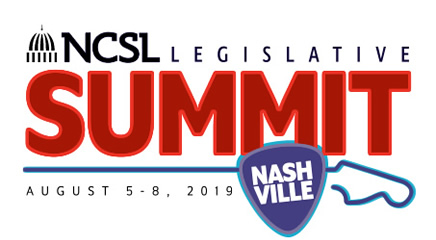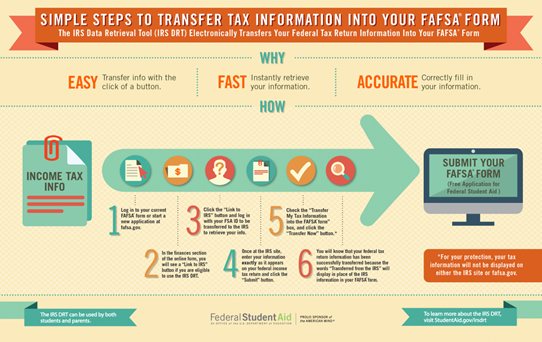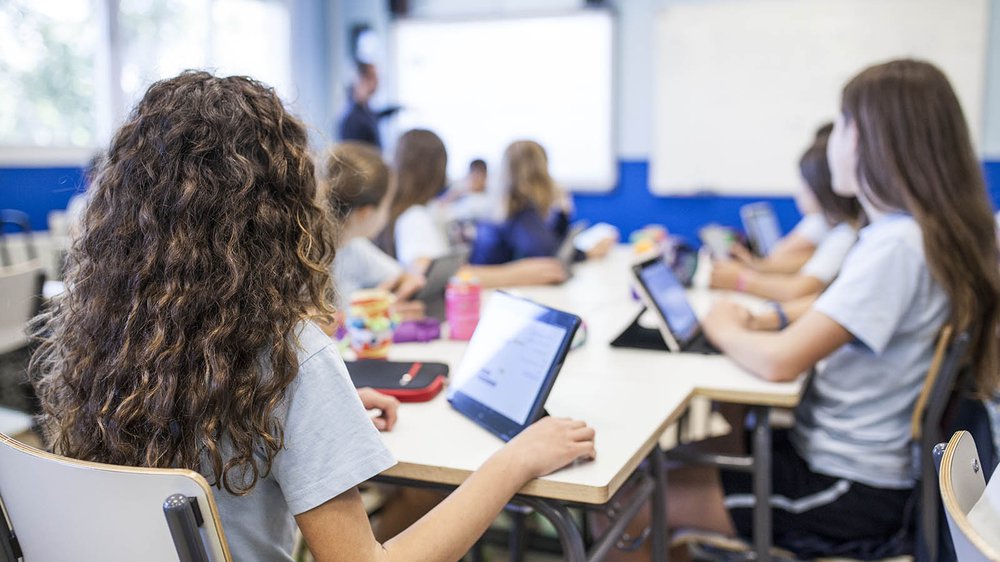New statewide K-12 computer science program among first in the U.S. – By Art Raymond, The Desert News
State officials approved a master plan Thursday that marks the beginning of an effort to make computer science available to every Utah K-12 public school student by 2022.
The launch comes after a $5 million matching challenge dropped by a group of Utah tech entrepreneurs in January prodded lawmakers to pass and fund HB227, a proposal from the 2019 session that created the new four-year program.
Even though the $3.15 million in one-time funding approved by legislators left a potential $2 million in matching money on the table, Pluralsight co-founder and CEO Aaron Skonnard lauded the effort.
“Computer science is now a foundational literacy that is critical to preparing Utah students to succeed in our technology-driven world,” Skonnard said in a statement. “Every school in Utah must teach computer science, and every student must have equality of opportunity to learn computer science regardless of whether they pursue a career in technology.

State leaders share progress on building 'world-class' education systems – By Linda Jacobson, Education Dive
Expanding state pre-K programs, increasing teacher salaries, and allowing prospective elementary educators to specialize in a specific content area are among the steps some states are making to emulate the top-performing education systems in the world.
Gathering this week at the National Conference of State Legislature’s (NCSL) summit in Nashville, Tennessee, lawmakers from Maryland, Indiana and New Mexico shared what their states have been doing to implement recommendations in a 2016 NCSL report, which suggested relying on “silver bullet” strategies was contributing to disappointing student outcomes and causing states — and, therefore, the U.S. — to fall further behind other nations.
“There is a race on between education and what is happening in terms of technology, in terms of globalization, quite frankly in terms of the sustainability of the planet,” said Anthony Mackay, CEO and president of the National Center on Education and Economy (NCEE). “How do we get a learning system adequate to those challenges?”
Moderated by Mackay, the live-streamed session was the latest in a series of NCEE events focusing on what the U.S. and individual states can do in four key areas — early childhood, the teacher workforce, career and technical education (CTE), and aligning standards, assessments and instruction.

Student apprentices team up with school system’s plumbers, carpenters, masons – By Donna St. George, The Washington Post
Gary Wilson is having a summer like no other — awake before 5 a.m., on the job before dawn. One day, he is ankle-deep in muddy water, helping to replace a broken concrete storm pipe. Another, he is wielding a jackhammer as though he has done it for years.
It’s all a big change from classes at Suitland High School in Maryland, these weeks of work as an apprentice to a master plumber.
“We’ve been out there doing a lot, and I’m picking it up,” Wilson, a rising senior, said more than a month into the experience.
In a program described as a first in the state, Wilson and other teenagers in Prince George’s County are paired with employees from their school system for an apprenticeship designed to last several years. Their work continues through August and scales back to part time during 12th grade. After graduation, the school system plans to hire the students or place them with industry partners as they continue to train.
“Our goal is to get our students fully licensed as journeymen to work in their chosen trades,” said Lateefah Durant, career and technical education coordinator for the school system, who hopes some of the students have long careers with Prince George’s.

New law requires all high school students to fill out FAFSA before graduating – By Julie Wurth, The News-Gazette
A new state law designed to broaden access to federal financial aid will require all Illinois high school students to complete the Free Application for Federal Financial Aid before graduating, starting next year.
Gov. J.B. Pritzker visited Eisenhower High School in Decatur on Friday to sign the bill, saying it will give thousands more students access to financial aid and affordable options for college.
“We want to be the kind of state that makes college affordable so our brightest minds can stay right here in Illinois,” Pritzker said in his prepared remarks.
Starting with the 2020-21 school year, students will have to complete the FAFSA, or an alternative state form created by the Illinois State Board of Education, as part of their high school graduation requirements.
But students, or their parents, can opt out by completing a waiver stating that they understand what the FAFSA is and choose not to fill it out.
And high schools can’t withhold diplomas from students who are unable to meet the requirement because of “extenuating circumstances,” the legislation says.
That provision covers students from families with “substantial incomes” who won’t qualify for income-based financial aid, as well as students who are entering the armed forces, students with parents who are in prison or “uncooperative,” students with limited broadband access, students who are part of the child-welfare system and undocumented students.












